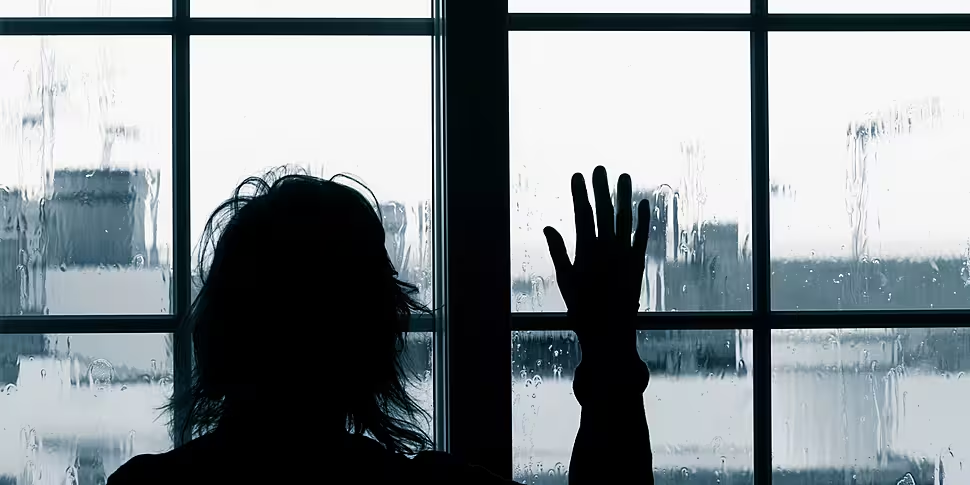Ireland still has "a long way to go" in terms of attitudes to domestic violence and abuse, according to Women’s Aid.
It comes after 34-year-old Daniel Murtagh was handed the mandatory life sentence for murdering Nadine Lott in Arklow, County Wicklow in 2019.
She died in hospital after her ex-boyfriend savagely attacked her in her own home, some three years after they had broken up.
 Nadine Lott
Nadine LottOn The Pat Kenny Show this morning, Women’s Aid CEO Sarah Benson said attitudes to domestic crimes must change in Ireland.
“We still have a long way to go in changing that mindset where putting the word domestic in front of violence or in front of abuse or in front of incident still, in the public mind and unfortunately amongst some, not all, of the important actors in our criminal justice system, does seem to minimise it,” she said.
“We seek to excuse it or explain it whereas actually abuse is abuse is abuse and, in these cases, it should be treated as an aggravated situation.”
Aggravated crime
She said the attitude is still pervasive – even though the 2018 Domestic Violence Act makes it clear that when someone is attacked in a domestic situation, it should be regarded as an aggravating factor.
“That is an incredibly important message because, of course, when you have built up a relationship of trust, you know, you have opened up somebody to trusting you; to sharing themselves intimately with you; then to abuse and control and in some cases, attack them is, of course, an aggravated situation,” she said.
“It is an egregious breach of that trust.”
Femicide
She said around 55% of the 241 women who have been killed in Ireland since 1996 were killed by a partner or ex-partner – with a “significant minority” of the rest killed by a male family member.
“We know that women’s experience of violent death and murder is actually very different to men’s,” she said.
“It is far, far more likely to happen in their own home - different to how male murders are perpetrated - and far, far more likely to have happened at the hands of somebody known to them and, in particular, a current or former partner.”
Domestic violence
She said the COVID lockdowns made things harder for many women in unsafe situations – with Women’s Aid answering 43% more calls.
“That could be a combination of both our efforts and those of our colleagues in the domestic violence services to raise awareness but also, at the same time, we know it created an incredible pressure-cooker environment,” she said.
“The levels of distress and fear and powerlessness that women expressed to us during that time were particularly acute.
“One of the things we know is that we only are meeting the tip of the iceberg in terms of the need that is out there so we encourage anybody who is even a little bit worried about their relationship [to contact us].
“There is help there, it is free, it is confidential and we can refer people all over the country to our excellent colleagues as well so please, do ring.”
If you have been affected by any of the issues discussed in this article, you can call Women’s’ Aid on 1800 341 900.









